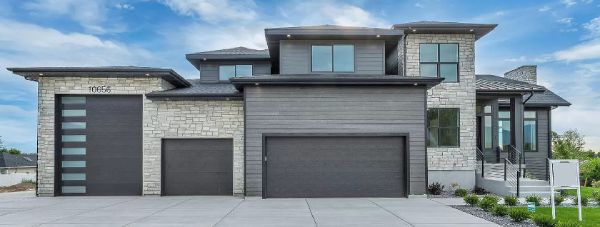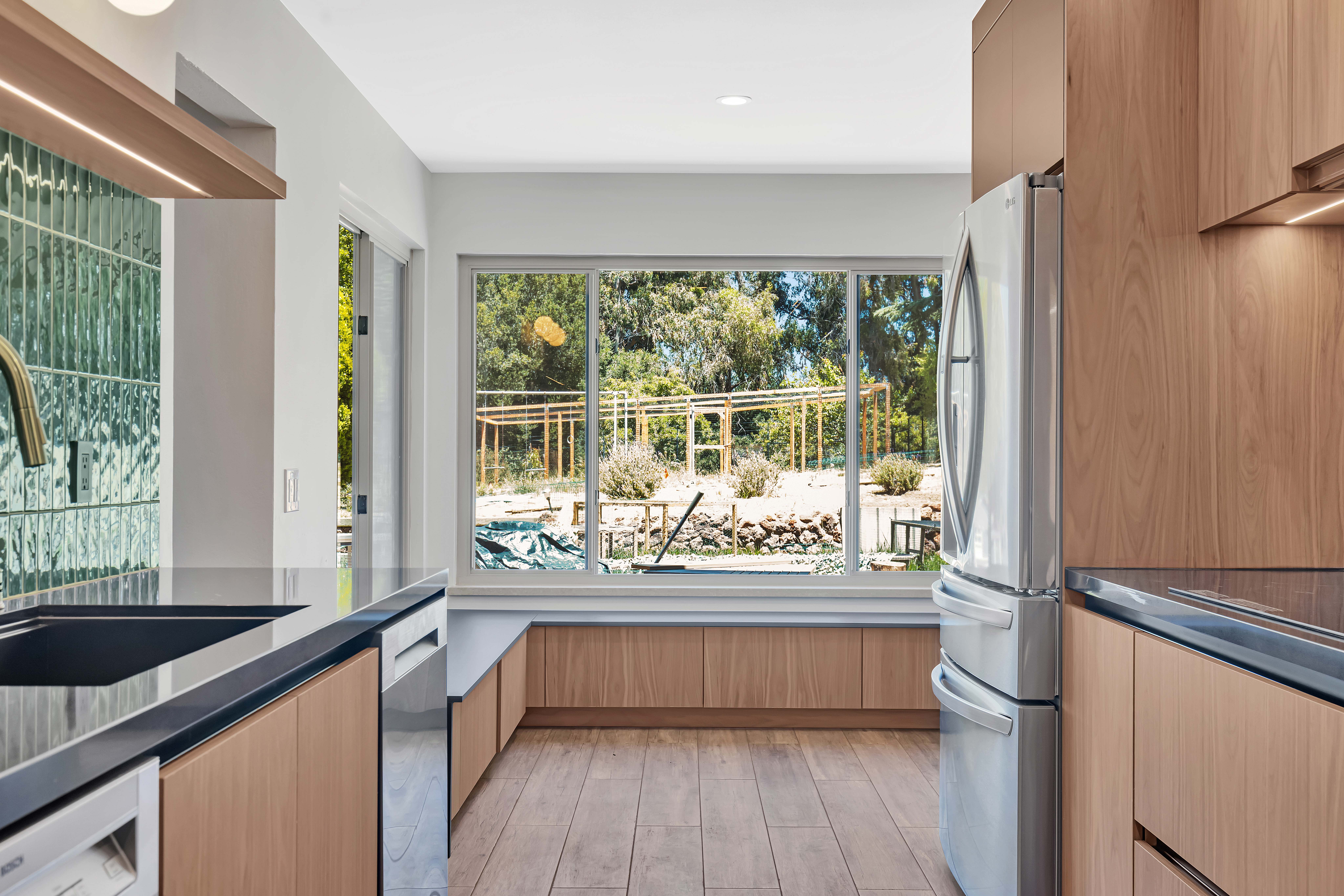A kitchen remodel can greatly enhance your home’s functionality and aesthetic appeal. However, it can also be a costly endeavor if not properly planned and budgeted for. Creating a basic budget for your kitchen remodel is essential to ensure you stay within your financial limits and achieve your desired outcome. In this blog post, we will take you through budgeting for a kitchen remodel so that you can confidently embark on your project.
Create a Spreadsheet
One of the first steps in creating a budget for your kitchen remodel is to create a spreadsheet to track all your expenses. This will help you record how much you are spending and where your money is going—label columns for different categories such as materials, labor, permits, and miscellaneous expenses. As you gather quotes and estimates, input the costs into the spreadsheet for an organized budget overview.
Determine Your Goals and Priorities
Before you start allocating funds to each aspect of your remodel, it’s important to determine your goals and priorities. Ask yourself what you want to achieve with the remodel. Do you want to focus on upgrading the cabinets, installing new appliances, or improving the flooring? By setting your priorities, you can allocate a larger portion of your budget to the aspects that are most important to you.
Assess Your Current Kitchen
Take a close look at your current kitchen and assess the areas that need improvement. Identify any structural issues or outdated components that may require attention. By understanding the scope of the work needed, you can better estimate the costs involved and ensure that your budget is realistic.
Research and Gather Inspiration
Researching and gathering inspiration is an important step in budgeting for your kitchen remodel. Browse through magazines, websites, and social media platforms to gather ideas and create a vision for your updated kitchen. This will help you make informed decisions about the materials and finishes you want to include in your remodel.
Develop a Scope of Work
Once you have a clear vision for your kitchen remodel, develop a detailed scope of work. This involves listing all the tasks and changes that need to be completed during the remodel. Be as specific as possible, including details such as cabinet replacements, appliance upgrades, plumbing fixtures, and electrical work. Having a comprehensive scope of work will help you estimate the costs accurately.
Calculate the Cost of Materials
The cost of materials is a significant portion of any kitchen remodel budget. Research the prices of different materials such as cabinets, countertops, flooring, and appliances. Take into account the size of your kitchen and the quality of materials you desire. Get multiple quotes from suppliers to ensure that you get the best value for your money.
Estimate Labor Costs
Labor costs can vary depending on the complexity and scale of your remodel. Research local contractors and request quotes to estimate the labor costs involved. Keep in mind that skilled labor, such as plumbers and electricians, may require higher rates. Be sure to include these costs in your budget to avoid any surprises.
Consider Permit and License Fees
Permits and license fees are often overlooked when budgeting for a kitchen remodel. Depending on your location, you may need permits for certain aspects of the remodel, such as plumbing or electrical work. Research the fees associated with obtaining permits and factor them into your budget. Failure to obtain the necessary permits can result in costly fines and delays.
Break Down The Budget
Every aspect of your remodel will cost different amounts. In order to budget properly, you need to know which part will consume most of your resources. Here is a breakdown of the different remodeling expenditures:
- 30-35% – Cabinets
- 20-25% – Labor
- 10-15% – Appliances
- 8-10% – Flooring
- 7-9% – Electrical
- 6-8% – Countertops
- 5-7% – Plumbing
- 2-5% – Demo
- 1-3% – Permits & Other Miscellaneous Expenses
Include Emergency Funds
When creating your budget, it’s important to include a contingency or emergency fund. Unexpected issues or additional expenses may arise during the remodel, and having this fund will ensure that you are prepared to handle them without compromising the project. Allocate around 10% of your total budget for emergencies.
Compare Quotes from Contractors
Once you have a clear budget in mind, compare quotes from multiple contractors. This will help you determine the most cost-effective option without compromising on quality. Be sure to review the reputation and previous work of each contractor before making a decision.
Track and Adjust Your Budget
Throughout the remodeling process, it’s important to track your expenses and compare them to your budget. Keep a record of every payment and receipt to ensure that you stay on track. If you find that you are exceeding your budget in certain areas, consider making adjustments in other areas to balance it out. Regularly reviewing and adjusting your budget will help you stay within your financial limits.





